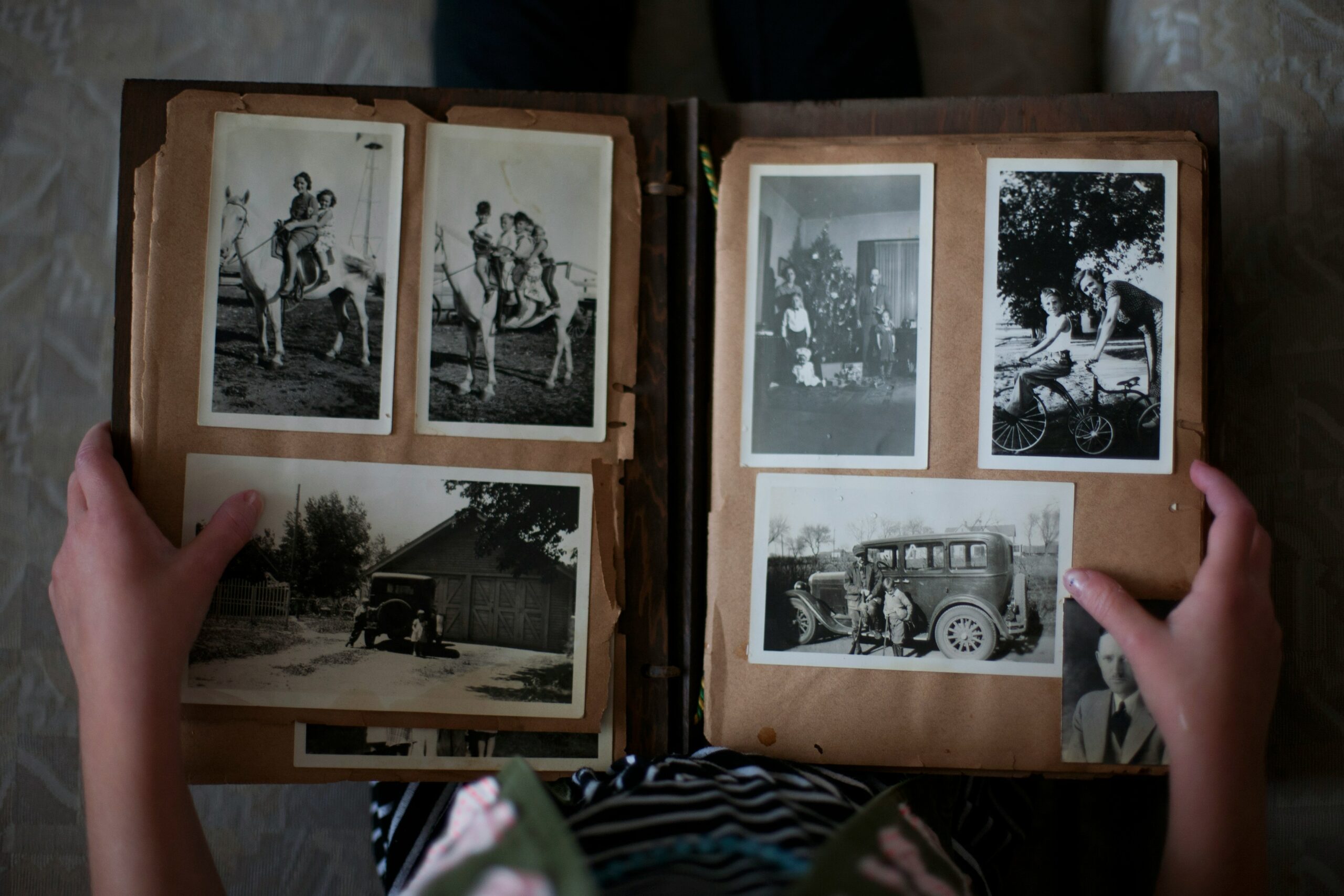
Writers form and join groups for a variety of reasons: support, camaraderie with other writers, to complain about the challenges of publishing, and for feedback on their work.
Before joining a group, it’s important to be clear about your goals. If it’s support and encouragement, seek a group where everyone is looking for the same thing. Mutual admiration societies are terrific if that’s what everyone has signed up for. If you’re looking to know how your work is likely to land with editors and agents, then you probably need more rigorous critique.
Writers’ groups are not for every writer. Some of us get confused by the noise of multiple voices and opinions. Some of us are demoralized by criticism before our work is fully cooked. Others of us do much better working one-on-one with an editor-for-hire. If you have a bad experience with one group, consider if you just need a different group or if no writers’ group will give you what you need.
I’ve been in writers’ groups that flourished for years, providing both support and in-depth feedback. After my own experience, and after teaching creative writing workshops in a university setting for a number of years, here are 10 tips that can help you find or form a group more likely to meet your needs and expectations.
- Find or form a group where every member is equally committed to their work. It can be frustrating if some members are looking to hone their work to publication level and others are writing sporadically as a hobby. Some groups only include writers working in the same genre. Others function just fine with a mix of writers working in different genres. If you’re a fiction writer in a roomful of memoirists, though, don’t be surprised if someone says, “Did that really happen?” If you’re a memoirist in a room of fiction writers, someone is apt to forget that you can’t amp up the climax by “just making stuff up.”
- Set out clear rules and expectations. For example, require that everyone agree to attend every session for at least a span of time (e.g., six weeks or six months). Make sure that everyone takes a turn submitting. Resentments can build in groups where some members attend regularly and others float in and out, or when one person’s writing is getting all the attention.
- Determine a reasonable number of pages that members can submit for each meeting and the lead time allowed to read one another’s work. It’s the rare group where everyone can read another member’s novel in a week or even two.
- Decide what kind of a group you can commit to. There are groups where people just show up, read a few pages of what they’ve written aloud, and get spontaneous reactions. These groups are apt to provide more in the way of support than meaningful critique. If you want more in-depth feedback, members need to read one another’s work in advance and comment in writing.
- Ask targeted questions if you’re not ready to hear everything. If you’re not interested in hearing every sort of reaction about your work, frame the critique by asking targeted questions when you send your work to members. For example, maybe you want to know if the plot is suspenseful enough or if the behavior of a particular character is believable. It’s okay to take control of the level and type of comments you receive.
- Remain silent while receiving critique, at least for the first few minutes. This allows you to take in the comments without becoming defensive. You won’t be there to explain or defend when an agent or editor opens your piece. As painful as this experience might be at first, it gets easier. This is the best way to find out how much of what you’re trying to do is coming across. Hearing your story retold in another person’s words can be inspiring.
- Model critique that is specific, kind, and aimed at helping the writer. Your job as a group member is to marshal your fellow writers’ greatest strengths. Your job is not to suggest rewriting the work as you would do it, or to offer sweeping pronouncements of a work’s qualities or flaws. You are not writing a review for the New York Times; you are trying to help a colleague do the best work they are capable of.
- Don’t say anything about another member’s work outside of the group that you wouldn’t say in it. Gossip, backstabbing, and sub-group cliquing can lead to a group’s downfall. It’s probably best not to become romantically involved with someone in the group unless one of you is prepared to leave.
- Learn who your readers are (and aren’t). An important part of the workshop experience is learning who your readers are. Some people are not going to “get” your work or share your sensibility. We all have biases, tastes, and unconscious reactions. Learning who to listen to, and what to do with what they say, are skills that will serve you well with agents and editors.
- Accept that competition is an inevitable part of a writer’s life. Different members of a group may have varying fates when it comes to publication, fame, and fortune. What happens may not seem fair. Jealousy can get in the way of a group’s cohesion. The only way I know to address this is to discuss it openly, and for those more fortunate members to desist from bragging and to help their colleagues whenever and however they can.
At best, writers groups are fun. Meetings become an extension of the creative process. There is brainstorming and what ifs and lots of laughter. Writers leave energized and ready to tackle the next revision with an enlarged sense of possibility. They can’t wait to share their work with their group members again.
- Is a Writers’ Group for Me? - August 5, 2024
- How to Show and Tell in Your Writing - January 24, 2023
- 5 Tips for Writing a Memoir About Trauma - August 5, 2020



